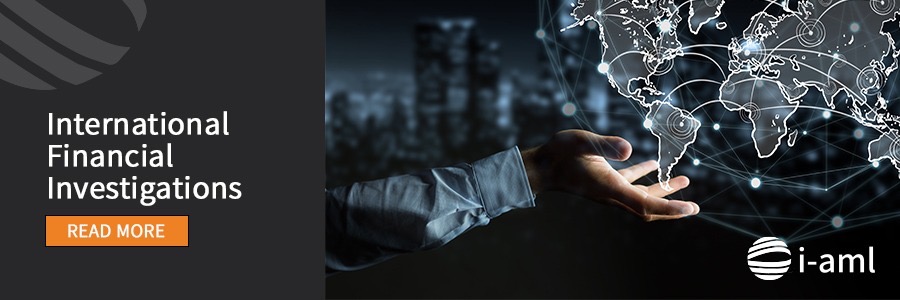The African Union’s Agenda 2023, also known as “The Africa We Want”, seeks to achieve inclusive and sustainable development by creating a conducive climate for the African private sector.
To this end, the African Continental Free Trade Area (AfCFTA) offers a significant opportunity to turn words into action and stimulate economic growth. However, corruption remains a challenge that could hinder the agreement’s full potential.
The private sector helps to create jobs and prosperity, drives technical innovation and fosters entrepreneurship. Companies large and small therefore play an important role to prevent and reduce corruption in the markets where they operate. So involving the private sector in the promotion of ethical business practices is crucial to promote a culture of integrity and ensure a level playing field between competitors.
Anti-corruption agencies can play an essential part in incentivising, raising awareness and supporting companies to engage in multi-stakeholder activities to more proactively address corruption and work with other stakeholders to bring common strategic goals to life.
Collective Action brings companies from the same sector or different industry sectors together with other parties, such as government and/or civil society, to:
→ tackle shared problems of corruption;
→ raise standards of business integrity; and/or
→ level the playing field between competitors.
Anti-corruption Collective Action involves collaboration, cooperation and a willingness to tackle a common corruption risk. Trust and a commitment to work together also characterise Collective Action. The approach can take many forms and uses a variety of tools. A multi-stakeholder Collective Action approach to address corruption is acknowledged as good practice in numerous African National Anti-Corruption Strategies and international standard-setting documents such as the African Development Bank Integrity Compliance Guidelines, the United Nations Convention Against Corruption (UNCAC), and more recently in the updated 2021 OECD anti-bribery recommendations.
By supporting and engaging with the private sector, governments can demonstrate a proactive approach to addressing bribery. Across the globe, Collective Action initiatives have catalysed changes to laws, reduced red tape and changed operating practices by both government agencies and companies. By working together, governments, civil society and the private sector can promote a culture of integrity, build trust in the markets, and ensure that trade and investment activities are conducted fairly and transparently. This can stabilise local markets, strengthen competition and attract foreign investment. Initiatives have also helped to shape the development of international regulatory standards in particular industry sectors, such as infrastructure, extractives and transports.
For more comprehensive information about Collective Action, including a database of initiatives around the world, see the B20 Collective Action Hub at www.collective-action.com. This global go-to centre for anti-corruption Collective Action is developed and maintained by the Basel Institute on Governance. It includes a free helpdesk service for specific questions on anti-corruption Collective Action.
May 19, 2023 Published by The Basel Institute on Governance. (Download Report in PDF)







